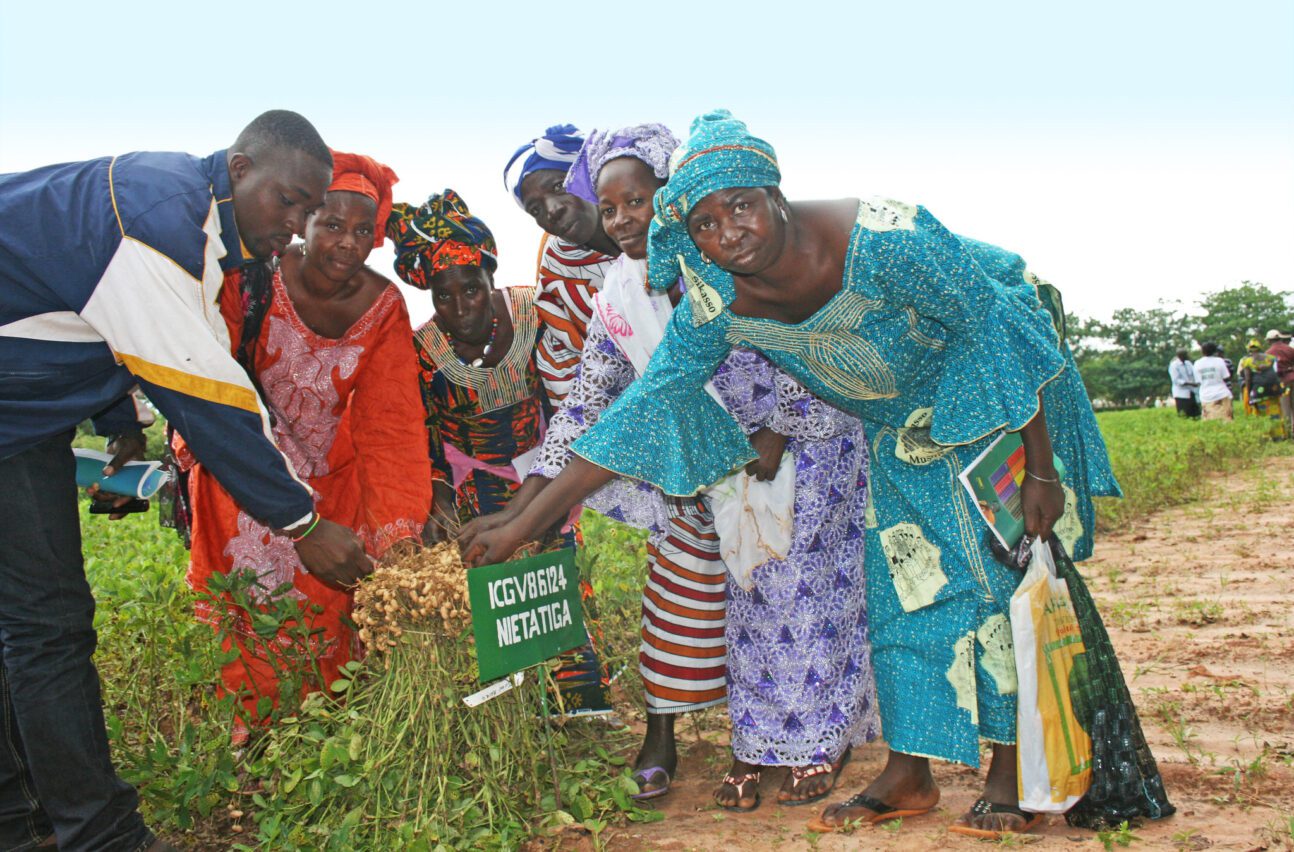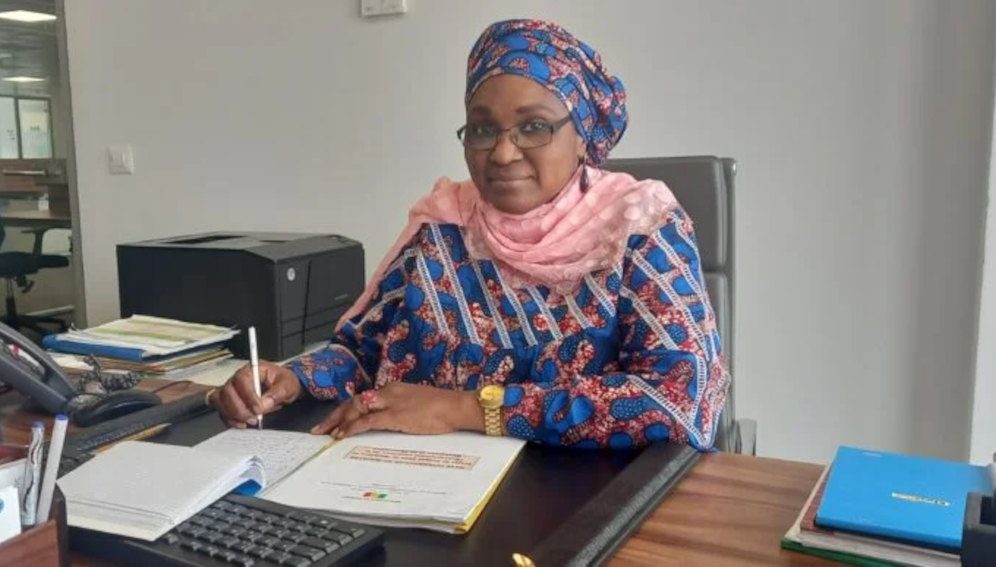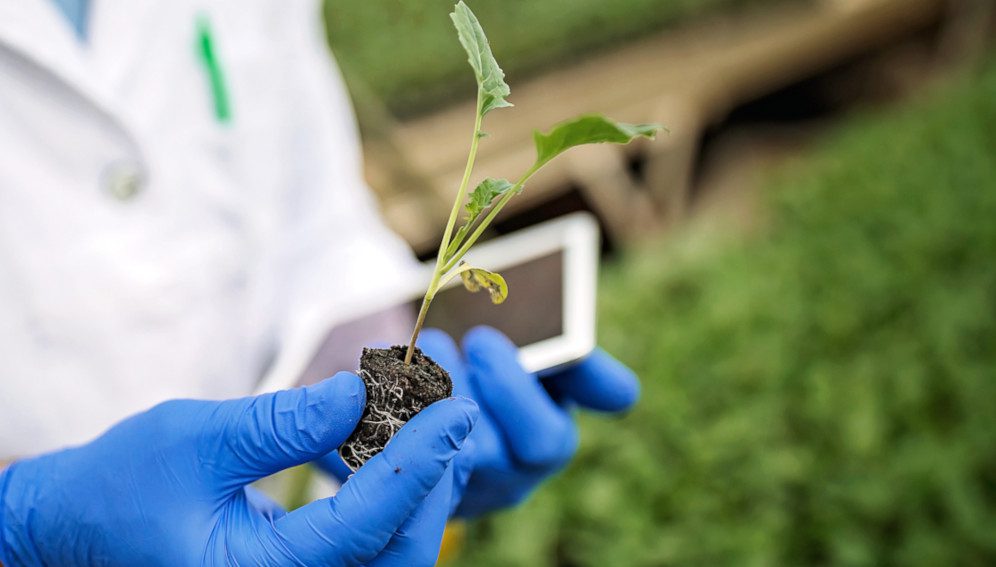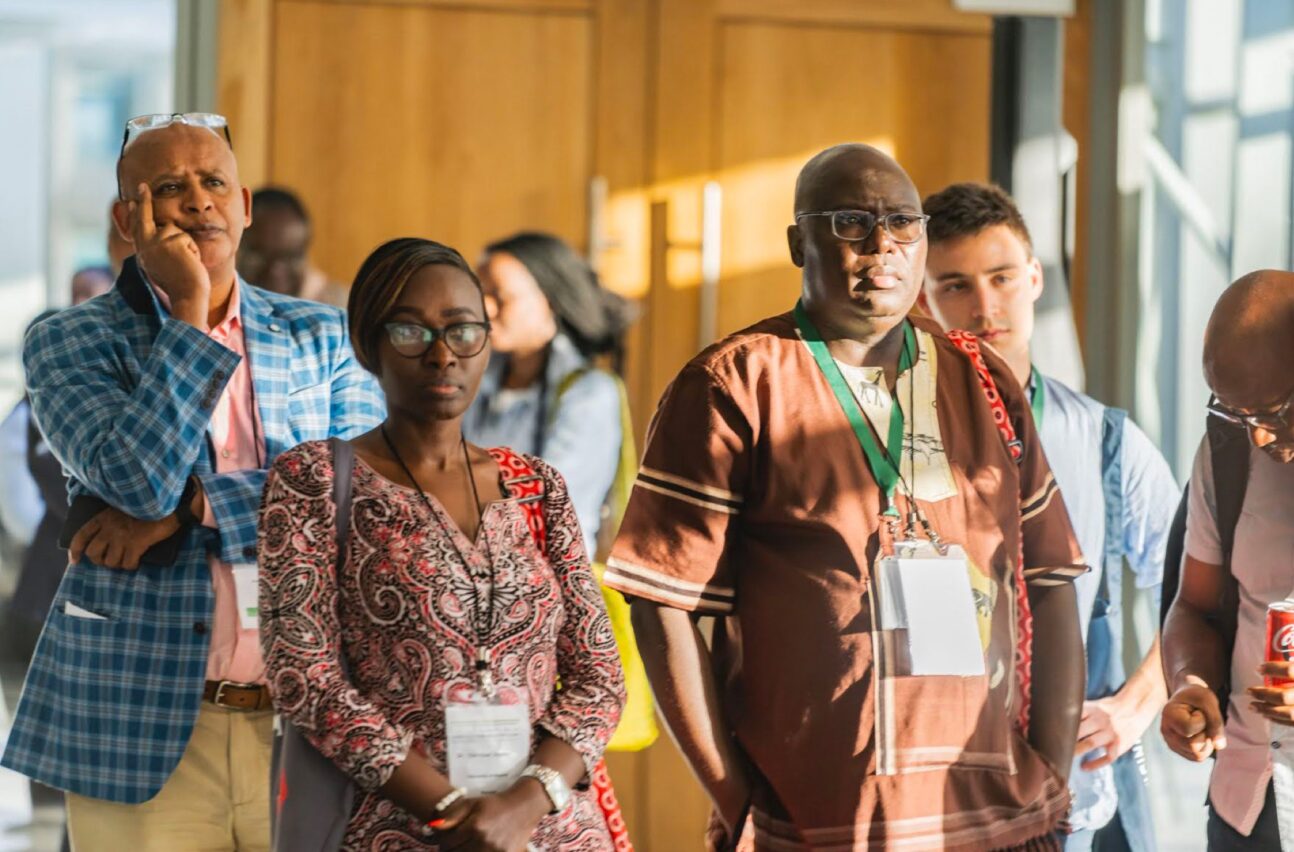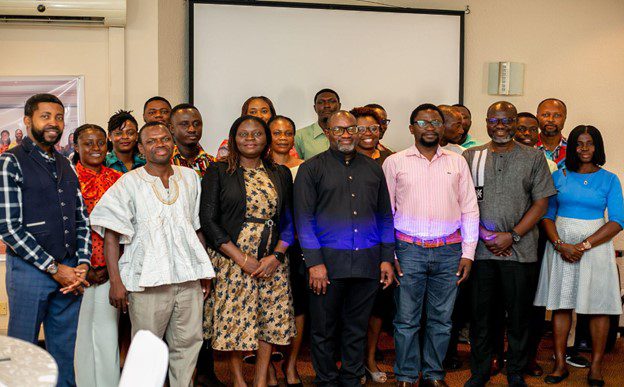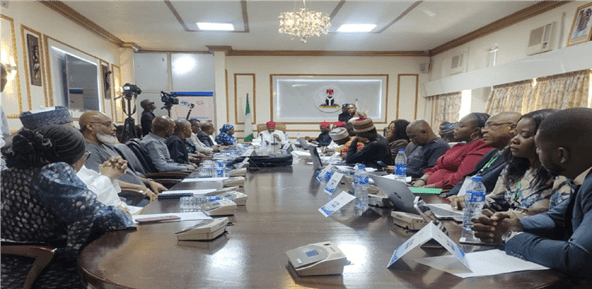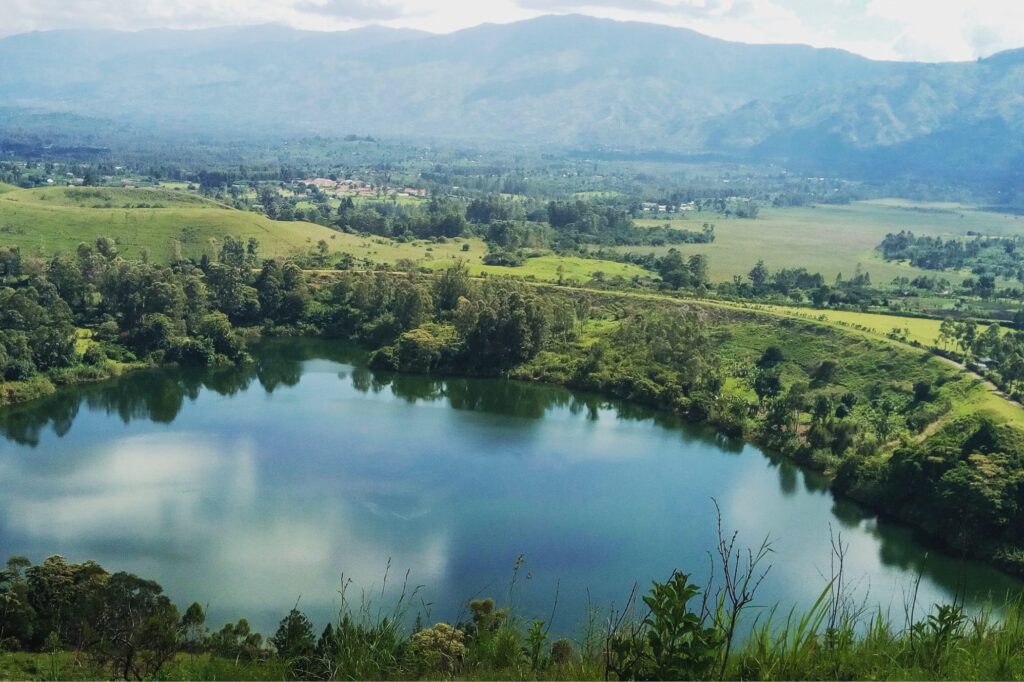Theme
Using Evidence in Policymaking
Strengthening the capacity of Science Granting Councils to use data and evidence in policy and decision making
The Science Granting Councils Initiative (SGCI) supports Science Granting Councils (SGCs) across Africa to enhance their use of data and evidence in policy and decision-making.
SGCs play a vital role in helping governments shape and implement science, technology and innovation (STI) policies that align with national priorities and global development goals, including the UN Sustainable Development Goals (SDGs).
We work with SGCs to review and implement national STI policies, establish robust data systems, and foster a strong culture of evidence-informed decision-making.
SGCI is enhancing the capacity of SGCs to generate and use evidence in policy and decision making. By supporting peer learning and knowledge exchange, the initiative promotes collaboration between SGCs and national STI experts. These efforts enable SGCs to generate and use reliable evidence in policymaking, thereby enhancing the policy effectiveness of policies to support sustainable development across the region.
We partner with SGCs to:
- Demonstrate the impact of funded research using monitoring, evaluation, and learning (MEL) plans. This enables Councils to provide evidence of the value of research to their governments. In turn, this leads to increased funding and more informed decision-making aligned with STI policy priorities.
- Strengthen the capacity of SGCs to manage research and development data to inform policy and decision making. An increasing number of SGCs now apply digital data management roadmaps and data governance policies and practices.
- Improve the capacity of SGCs to review, update, and implement STI policies effectively. SGCs are better equipped to facilitate policy dialogues, assess research impact, and report clearly on how research contributes to national development priorities.
- Increase SGC collaboration through the SGCI STI Policy Helpdesk. A growing number of SGCs are collaborating with African researchers to address gaps in knowledge, evidence and data.
- Through the targeted support described above, SGCI strengthens SGCs capacity as policy champions at national and regional levels, to guide STI policies that are aligned with the Sustainable Development Goals (SDGs). The SGCI builds SGCs’ expertise, fosters collaboration, and promotes the use of data and research.
By equipping SGCs with tools and skills to generate and apply evidence in policymaking, we support the development of strategies that address national priorities and global challenges.
SGCI funded projects
New Frontiers in Research Fund (NFRF) invites international, interdisciplinary research teams
Funding call: 2026 international joint initiative for research
Using Evidence in Policymaking News
Researchers forge partnerships with the private sector in Malawi
The Science Funding Agencies Initiative (SFAI) uses the “triple helix” approach to enable African researchers to collaborate with national government departments, the private sector and other researchers to advance science and address research funding challenges. Gift Kadzamira, Director General of the National Commission for Science and Technology in Malawi, an IOSRS member organization, points out…
SGCI Funding Leverages more government funding for RSTI in Malawi
The National Commission for Science and Technology of the Republic of Malawi (NCST) is one of the science granting councils that has been participating in the Science Granting Councils Initiative for Sub-Saharan Africa. This programme has been instrumental in developing capacities of science granting councils across programme areas of intervention. For the National Commission for…
Themes
Our work with Science Granting Councils (SGCs) focuses on six key themes :
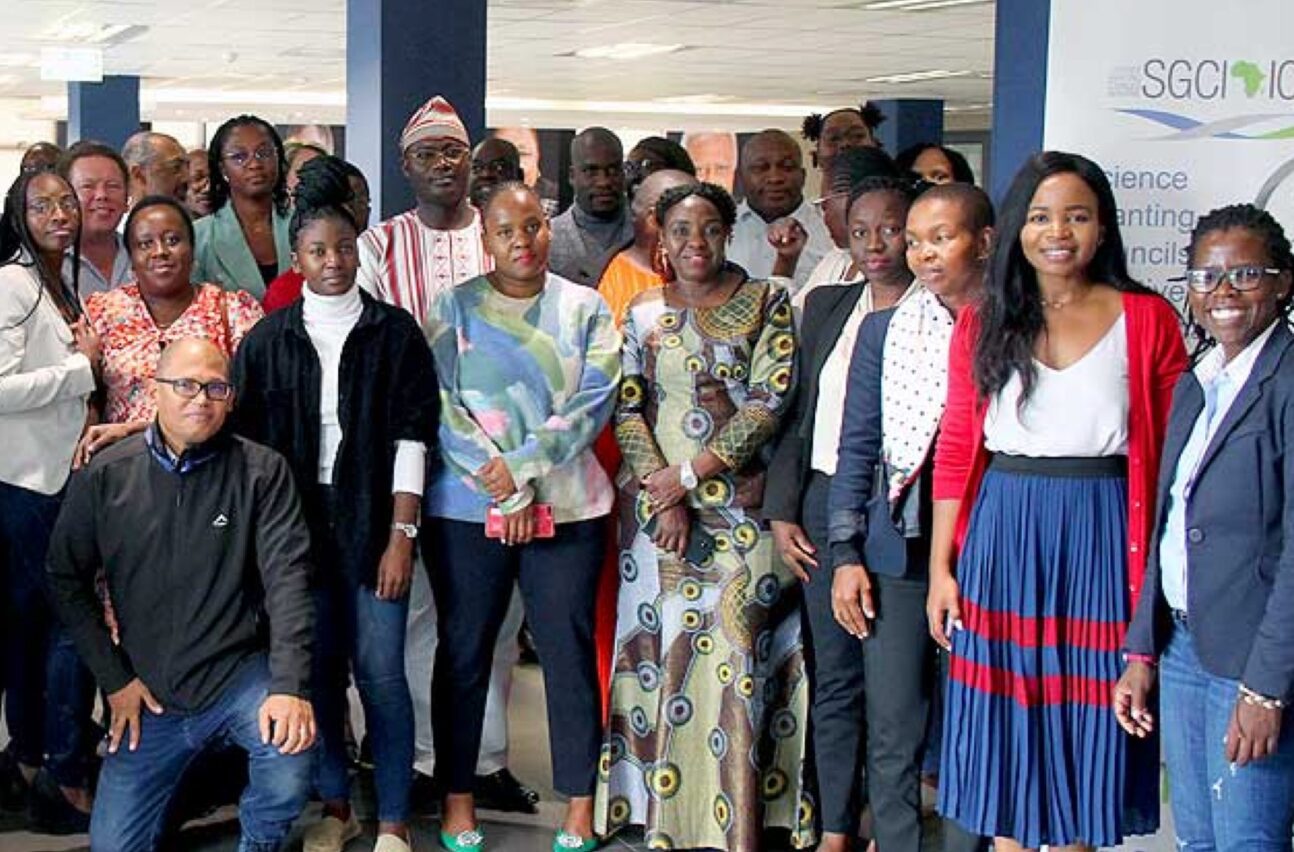
Supporting Strategic Communications and Knowledge Uptake
Impact we’re having
Stories of change
Low-tech health app engages
Five years after its launch, PENSA – a mobile app developed in Mozambique— has been accessed by…


